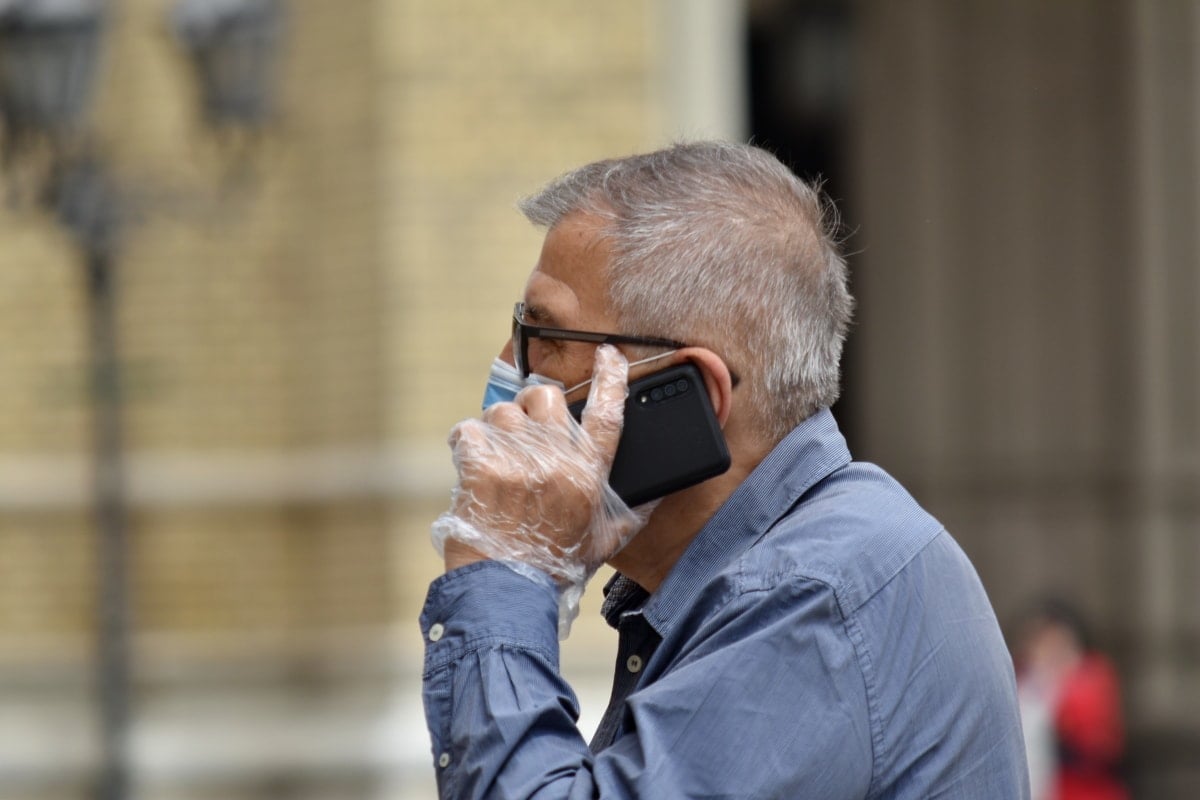
Photo: Bicanski
How to remain inclusive while living with Covid
Andrew Miller says arts organisations must work with disabled artists to keep them safe amid the very real risks the Government's plan poses to their health.
Even at the end of this pandemic, Covid remains an ongoing threat to access and the closing stages offer little comfort for disabled or ‘Clinically Extremely Vulnerable’ (CEV) people working in the arts.
The announcement of the Government’s Living with Covid strategy has caused considerable alarm throughout the creative disabled community as we face managing the very real risks Covid still poses to our mental and physical health whilst attempting to resume our arts careers.
This week the Prime Minister said, "Covid remains dangerous if you're vulnerable and if you’re not vaccinated but we need people to be much more confident and get back to work". But for those people like me who are vulnerable to Covid, there was no advice on how to build back our confidence or get back to work.
The last government guidance issued to CEV people in December was essentially to wear masks, socially distance, take lateral flow tests, and avoid unvaccinated people. So with the end of all restrictions and mitigations, what support can the arts sector offer to help navigate a safe path forward?
Setting the boundaries of safe working
Disabled people now have little alternative but to take safety precautions into their own hands, to establish what is and is not acceptable for their own wellbeing. This is not comfortable territory for many as it requires self-defining against medical criteria rather than the social model of disability that has shaped our public engagement for decades.
We need some proactive flexibility from the sector that goes beyond the Seven Inclusive Principles to assist disabled artists, employees and audiences as they find their way through this transitionary period.
In the immediate future, arts organisations should expect to work with Covid safety riders to enable disabled artists and practitioners to set the boundaries of what they need to work safely. This might still involve limiting the number of people in rooms, maintaining some social distancing, regular (free) testing, isolation with sick pay for those who test positive, and using face coverings.
Ensuring our global lead in inclusive arts is not lost
Equally flexible arrangements should be offered to disabled employees with the option of working from home where possible or making necessary adaptations to working practices in buildings. Essential to all such arrangements will be that the terms can be reliably delivered to ensure trust is maintained.
While we are seeing a rapid return of general audience confidence in the performing arts, the consistent response of deaf and disabled audiences throughout the pandemic has been more cautious. So I’d argue that it's vital to maintain socially distanced areas in auditoriums or, when that is not possible, to offer socially distanced performances within production runs, as the Royal Shakespeare Company has done with Much Ado About Nothing.
We all want to live free of extra rules and regulations, but the reality is Covid remains a dangerous illness for many. The pandemic has fundamentally altered the meaning of access and the definition of reasonable adjustments.
The cultural sector must respond to these challenges swiftly, flexibly, and creatively to ensure our global lead in inclusive arts is not lost.
Andrew Miller is a cultural consultant, broadcaster and co-founder of the UK Disability Arts Alliance.
#WeShallNotBeRemoved.
Join the Discussion
You must be logged in to post a comment.